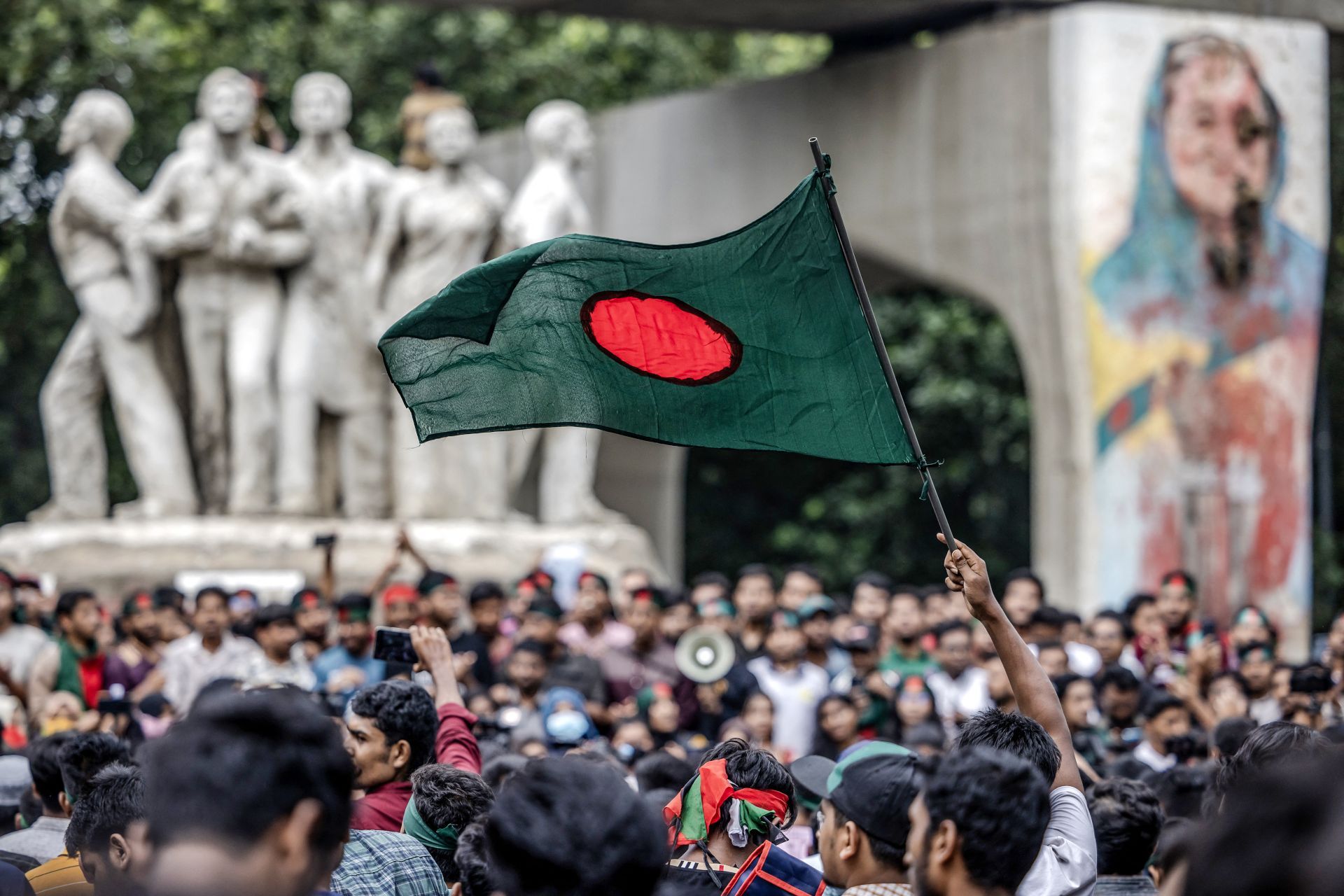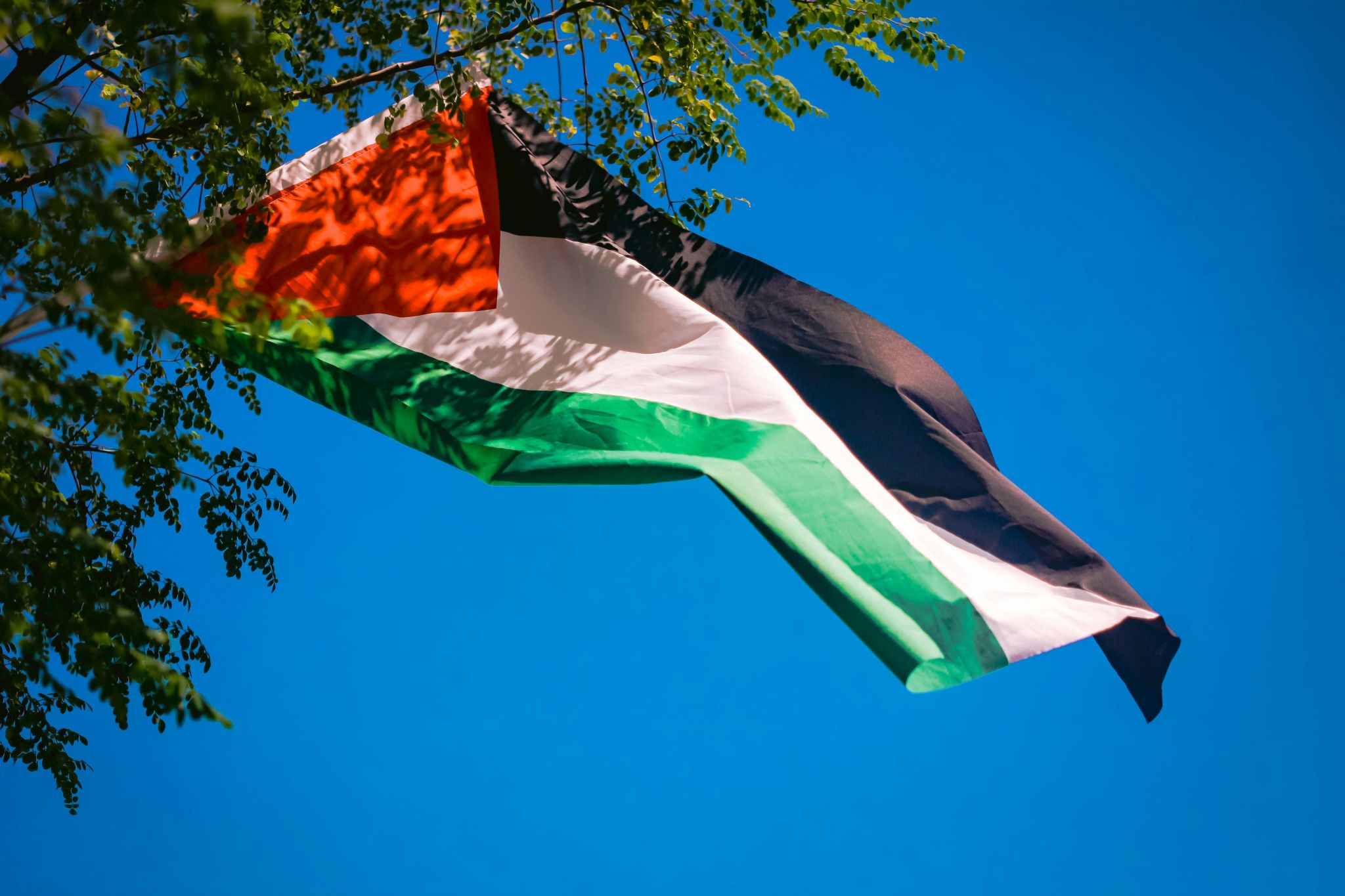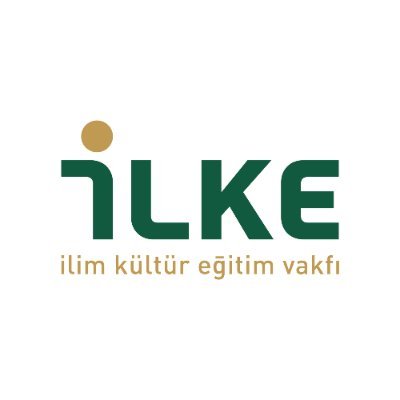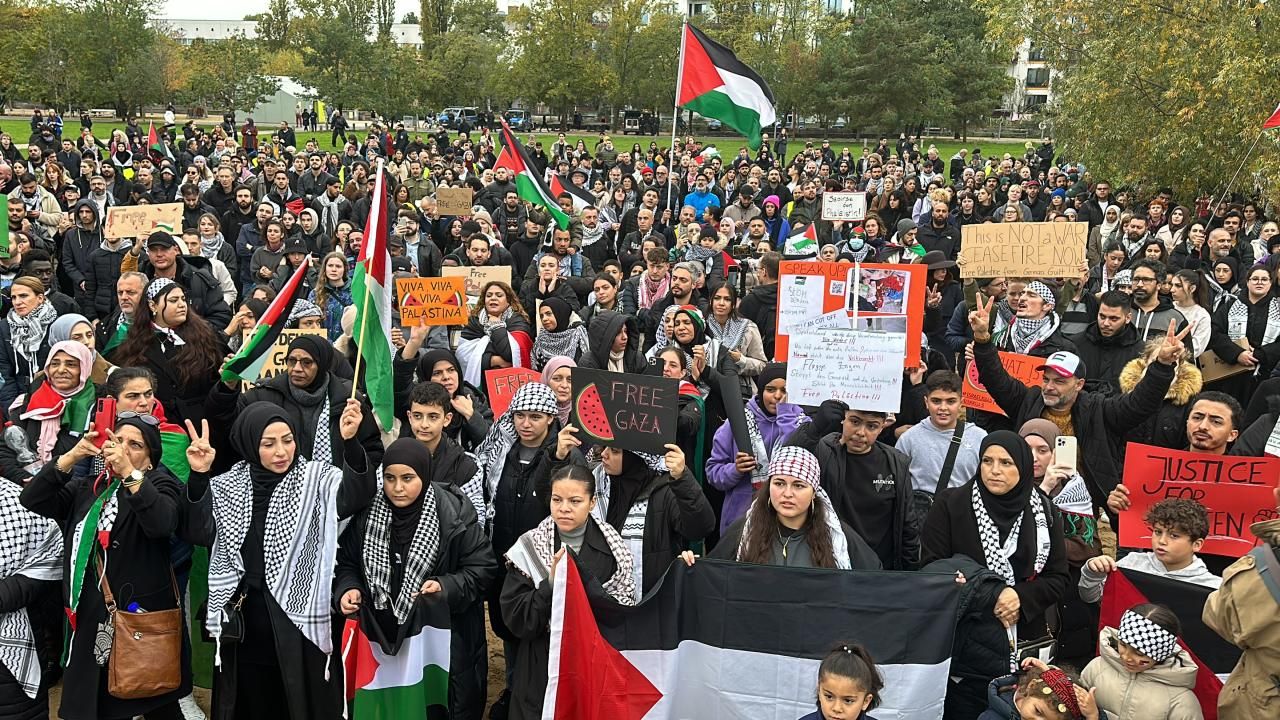Platform 2024 Special Edition
Throughout 2024, The Platform: Current Muslim Affairs offered analyses and interviews covering key themes such as higher education, migration, media, civil society, and science and technology in Muslim societies. In addition to covering major topics, The Platform has closely monitored and highlighted contemporary issues, including boycott movements and South Africa's genocide case against Israel at the International Court of Justice, as well as Türkiye's effort to normalize with the Assad regime and women's rights discourse in the U.S. elections. The Platform has also featured interviews with influential Muslim figures, Muhammad Jalal and Issa Amro discussing topics like social media visibility for Muslims and Palestinian resistance. While a conversation with Muhammad Mussa from CAGE International highlighted the 9/11 "War on Terror" policies and its implications for Muslims regarding human rights violations, the interview with Fowzia Siddiqui on the Free Aafia Movement shed light on ongoing injustices. We are pleased to present The Platform: Current Muslim Affairs 2024, which provides in-depth analyses of the developments and challenges faced by Muslim societies around the world over the past year. Our goal is to offer a comprehensive and nuanced understanding of the relationship between the local realities of Muslim communities and global dynamics. We envision the project as an essential resource in pursuing a more just world order. We hope that readers find it valuable and that it inspires meaningful discussions among those interested in these important issues. Throughout 2024, The Platform: Current Muslim Affairs offered analyses and interviews covering key themes such as higher education, migration, media, civil society, and science and technology in Muslim societies. In addition to covering major topics, The Platform has closely monitored and highlighted contemporary issues, including boycott movements and South Africa's genocide case against Israel at the International Court of Justice, as well as Türkiye's effort to normalize with the Assad regime and women's rights discourse in the U.S. elections. The Platform has also featured interviews with influential Muslim figures, Muhammad Jalal and Issa Amro discussing topics like social media visibility for Muslims and Palestinian resistance. While a conversation with Muhammad Mussa from CAGE International highlighted the 9/11 "War on Terror" policies and its implications for Muslims regarding human rights violations, the interview with Fowzia Siddiqui on the Free Aafia Movement shed light on ongoing injustices. We are pleased to present The Platform: Current Muslim Affairs 2024, which provides in-depth analyses of the developments and challenges faced by Muslim societies around the world over the past year. Our goal is to offer a comprehensive and nuanced understanding of the relationship between the local realities of Muslim communities and global dynamics. We envision the project as an essential resource in pursuing a more just world order. We hope that readers find it valuable and that it inspires meaningful discussions among those interested in these important issues.









